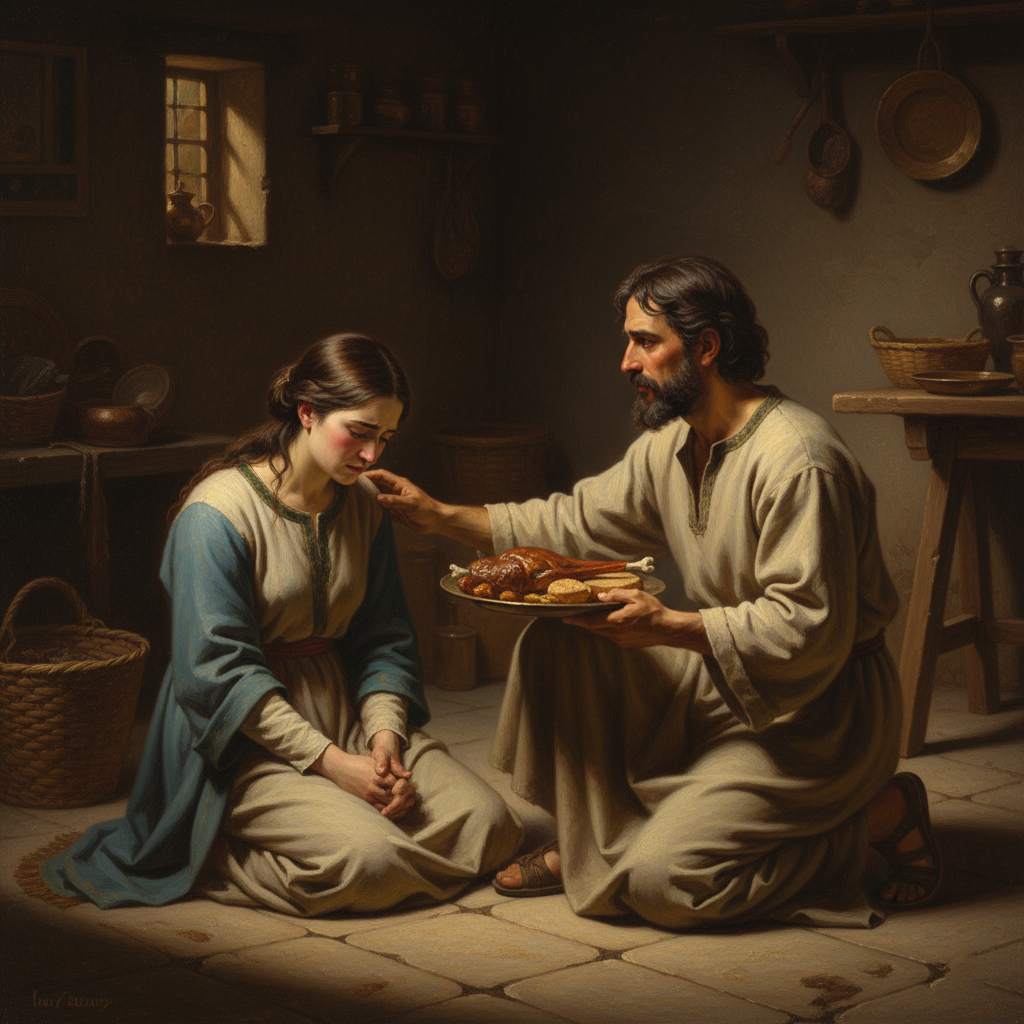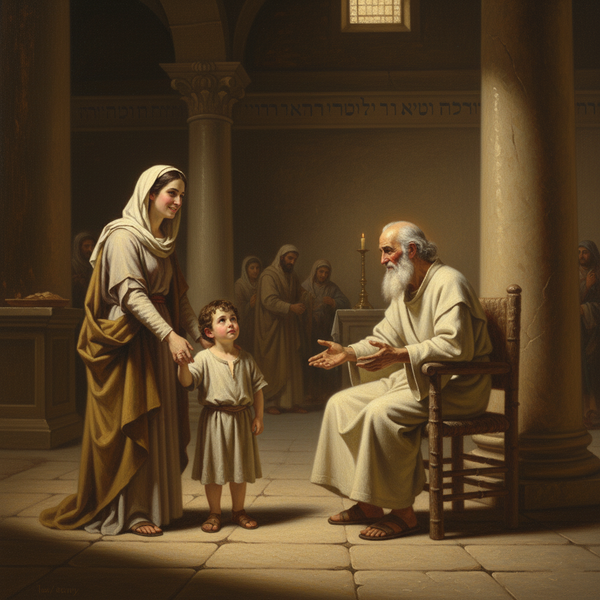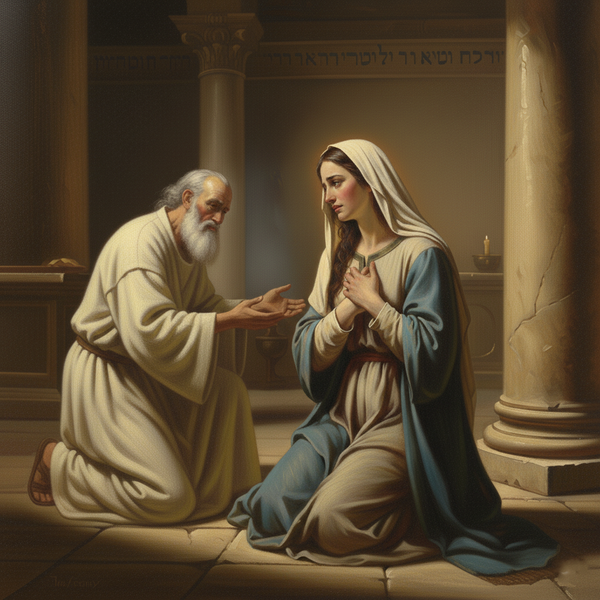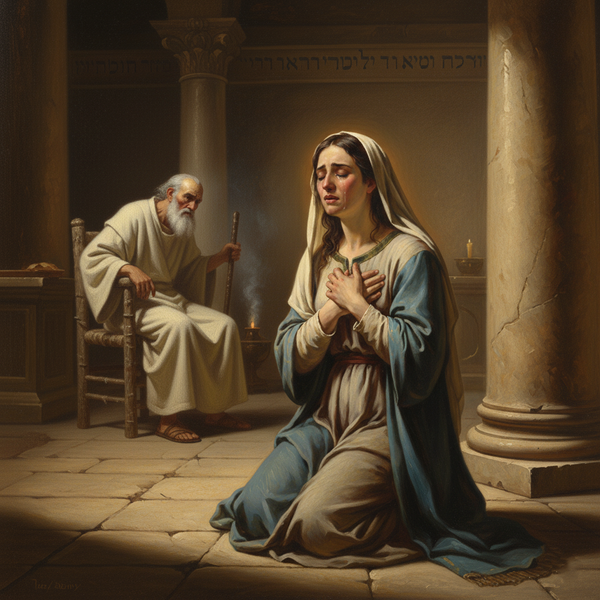Elkanah's Love & Devotion (Vol. 2)
Elkanah, Hannah’s husband, plays a quiet but meaningful role in the story. He is described as a man who went up every year with his family to worship and sacrifice to the Lord.

2 of 5 Essays Exploring 1 Samuel 1:1-28
Elkanah, Hannah’s husband, plays a quiet but meaningful role in the story. He is described as a man who went up every year with his family to worship and sacrifice to the Lord. This shows his faithfulness and leadership in spiritual matters. Yet, the way he treats Hannah shows even more about his heart.
When the time came for sacrifices, Elkanah gave portions to his wife Peninnah and her children, but to Hannah, he gave a “double portion” because he loved her. He knew she was hurting, and this act of generosity was his way of showing affection and compassion. He didn’t reject or blame her for being childless, as might have been common in that time. Instead, he drew closer to her in love.
When Hannah wept and would not eat, Elkanah spoke to her with tenderness: “Hannah, why do you weep? Am I not better to you than ten sons?” His question reveals his desire to comfort her and to remind her that her worth was not defined by what she lacked. He valued her for who she was, not for what she could give him.
Elkanah’s attitude offers a timeless lesson about love and empathy. Real love does not try to fix another person’s pain with easy answers—it stays present through it. Even though Elkanah couldn’t remove Hannah’s sorrow, he continued to support her. He was steady, faithful, and kind.
In our relationships today—whether in families, friendships, or communities—Elkanah’s example encourages us to love others beyond their struggles. Sometimes, the greatest act of love is to remind someone of their worth when they’ve forgotten it themselves. Like Elkanah, we can show compassion not by solving problems, but by walking alongside those who hurt, offering encouragement and patience as they find peace in God’s timing.



